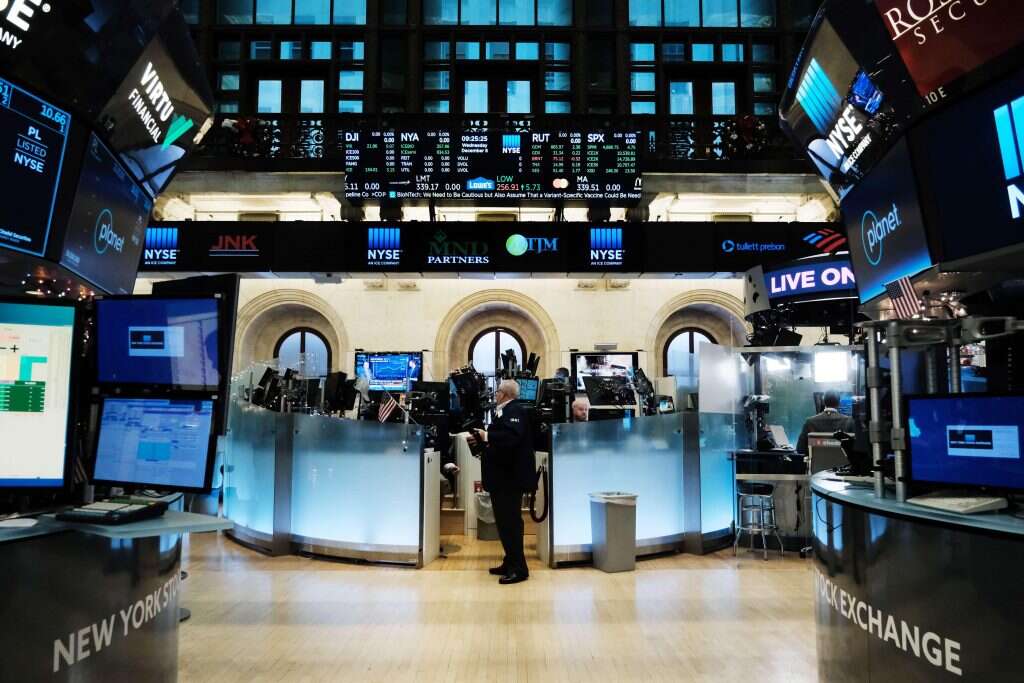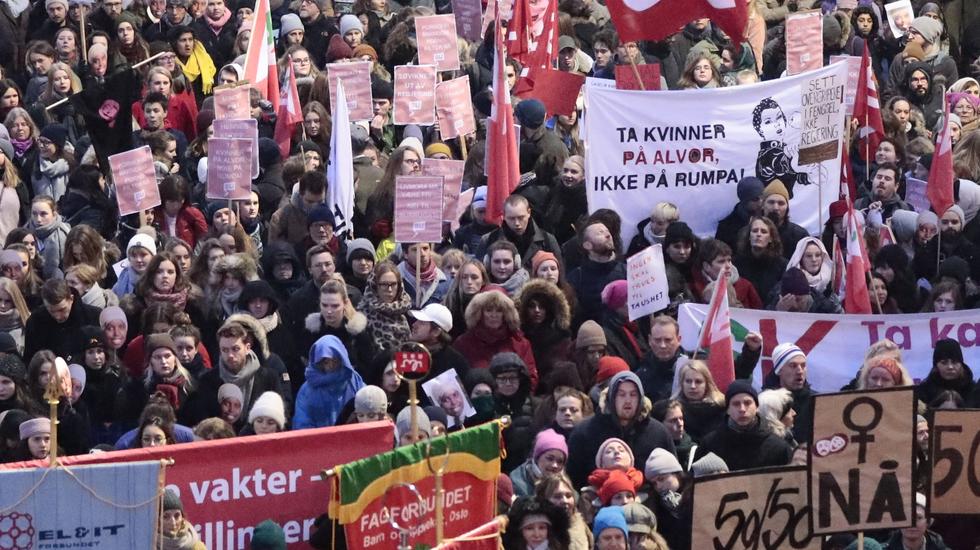The Bloomberg International News Agency published an article last night (Tuesday) in which a number of analysts claimed that the shekel is expected to strengthen this year by approximately 9 percent, which will place it in first place among the currencies that will strengthen in the coming year, more than any other currency in the world.
According to the publication in Bloomberg, this means that a sharp change is expected in the recent trends of the Israeli currency. According to the analysts quoted in the article, “During the last decade, the shekel was the only major currency in the world to strengthen against the dollar,” and it was influenced more by trends in global technology stocks, and less by the political situation or local economic events.
The same analysts mention that starting in January there was a significant change in the trade trends of the shekel, and that in the last month the Israeli currency had “one of the worst performances in the world, after being hit by demonstrations against the legal reform, and by a rare controversy over the autonomy of the central bank.” However, “the big question for currency traders is whether the shekel’s new political sensitivity has become a permanent feature, or just a passing fad?” Bloomberg wrote.
“We are not seeing a paradigm shift at the moment. For the first time in almost two years, our customers have stopped buying shekels and there is a possibility of more profits and purchases that will pay off later,” Jeffrey Yu, currency and macro strategist at Bank of New York – Mellon in London, claimed in the article.
The article also quotes Peter Kiesler, manager of a hedge fund in London, who said that they are definitely strategically prepared for further declines, but in summing up, he claimed that “we do not rule out further weakness of the shekel, but it seems that the balance of risks is tilted upwards.”
The Bloomberg article mentioned that March is traditionally the shekel’s strongest month, and it also tends to rise in April, according to its average return over the past 15 years. Bloomberg certainly fears that the political situation in Israel may harm the strength of the shekel, but they also pin hopes on President Herzog’s compromise plan that may restore stability to the Israeli currency market.


